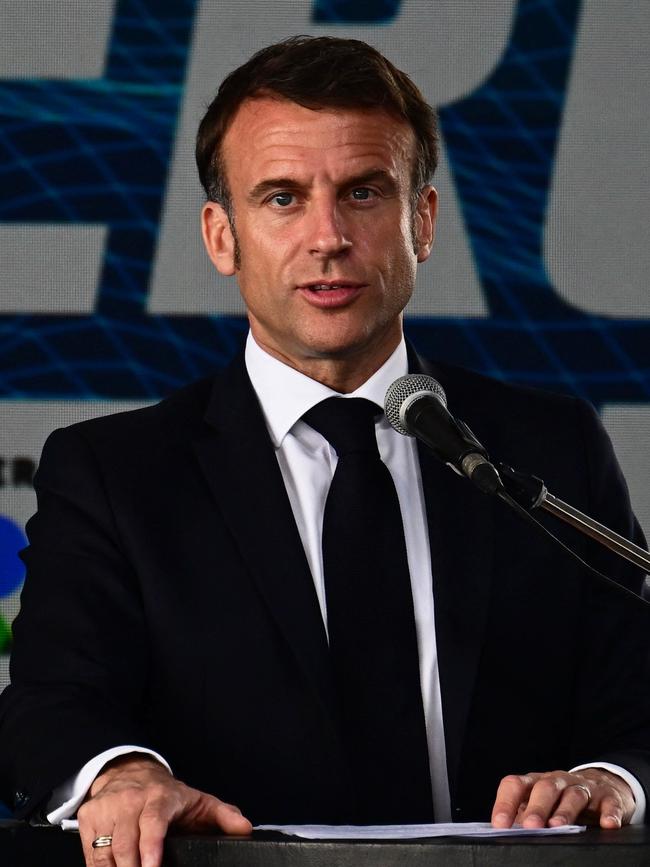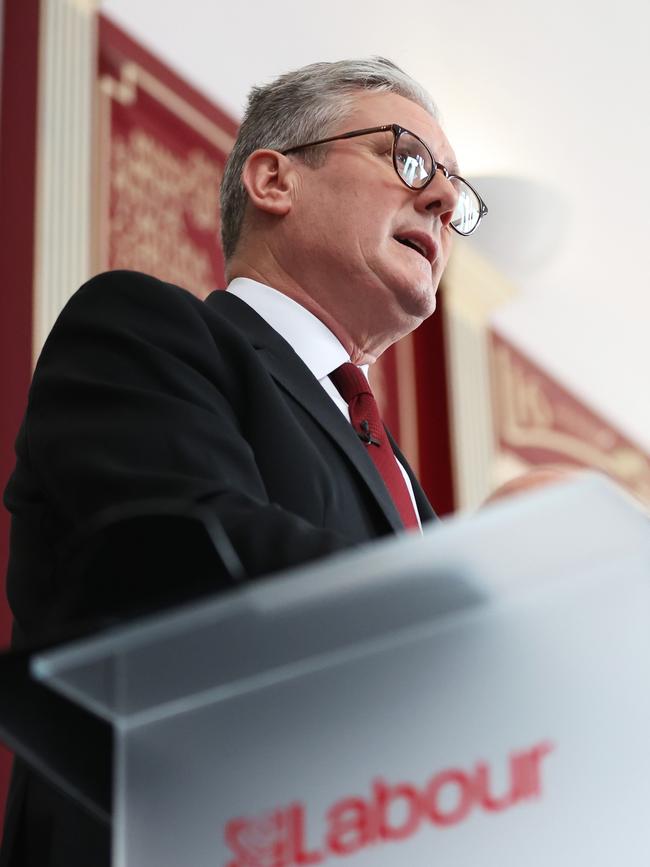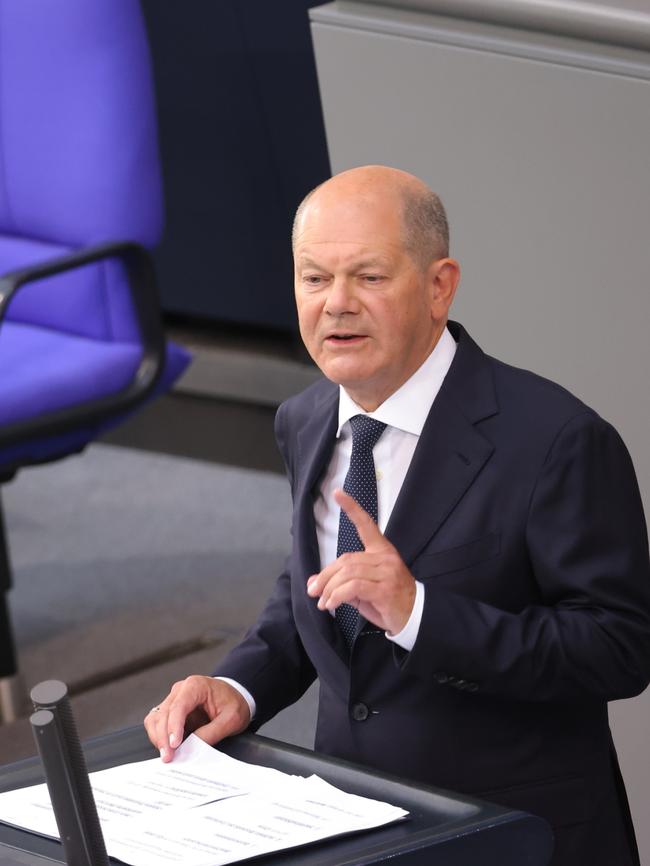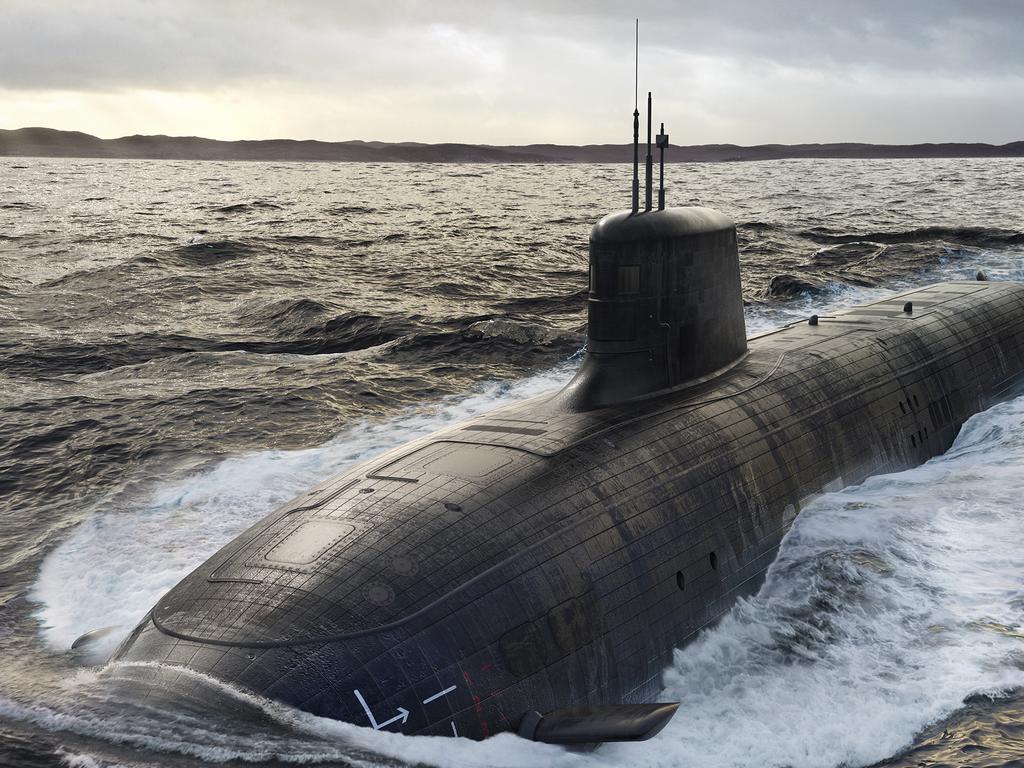
To describe the construction at Flamanville, in Normandy, of the country’s largest reactor as troubled would be an understatement: instead of five years, the project took 17. Meanwhile, its costs, properly calculated, were more than three times the initial budget.
But that hasn’t dampened France’s commitment to a nuclear future. On the contrary, President Emmanuel Macron recently announced his administration’s intention to build eight more reactors, in addition to the six now in the planning phase.
Given the nuclear regulator has determined that at least 32 of France’s 57 reactors can safely have service lives of 50 years or more, the addition of 14 larger-than-average generators will greatly increase the country’s nuclear capacity.

The benefits aren’t hard to identify. While power costs in France and Germany were once reasonably aligned, France’s costs are now 35 per cent lower than those across the Rhine, where nuclear power plants have been shut down.
Nor will the cost overrun on Flamanville make a discernible dent in that difference: spread over a 60-80-year lifetime, the absolute increase in costs per unit of output is far smaller than the upfront overrun suggests.
It is therefore unsurprising that Macron’s announcement has received strong support across the political spectrum, with the main criticism being that it is insufficiently ambitious. At the same time, public opposition to building new nuclear plants has declined substantially, boosting nuclear’s already high net favourability.
France is no anomaly. According to the Pew Research Centre, 57 per cent of Americans supported nuclear power in 2023, compared to only 43 per cent in 2016. As a similar change has occurred throughout Europe, nuclear power, which Germany’s hapless Chancellor, Olaf Scholz, described as a “dead horse”, is firmly back in the race.
Thus, despite delays and cost overruns at Hinkley, Labour leader Sir Keir Starmer has reaffirmed his pledge to accelerate and expand the UK’s nuclear program. Nuclear generation is being boosted in Sweden too: late last year, parliament removed the cap on nuclear capacity; now Vattenfall, the country’s largest generator, has qualified Ge-Hitachi and Rolls-Royce as bidders for its small modular reactor program, while progressing its plans to build several full-scale plants.


Those examples could readily be multiplied, as the surge in uranium prices, which reflects expected increases in nuclear capacity, plainly shows.
However, none of that means we should rush ahead. Most of the objections to nuclear generation are absurd; but it is undeniable that building and operating reactors is extremely complex – and that it is easy to get it wrong.
It is, for instance, clear that France’s nuclear program has been one of the world’s best-managed. Excellent engineering, tight cost control and the relentless pursuit of economies of scale underpinned the success of the Messmer plan, which, at its peak, involved adding five reactors to the grid each year.
But as Jean-Martin Folz argued in his exemplary report for the French government on the overruns at Flamanville, a prolonged freeze on new construction meant those capabilities were lost. With capacity shortages looming, and France’s nuclear industry on the verge of collapse, the Flamanville project was begun in haste, before detailed plans had been completed and verified.
Many crucial decisions therefore had to be taken and repeatedly revised during construction, greatly complicating the process. That the technology being deployed was largely untested compounded the difficulties, as a slew of engineering conundrums arose. And throughout the project, insufficient attention was paid to skilled labour shortages and to capacity constraints in the industrial base, giving rise to cascading delays.

Those errors are hardly France’s alone. In their 2020 report on “megaprojects”, Marion Terrill and her colleagues from the Grattan Institute showed that we have made them time and again, with the result that fully 45 per cent of recent transport projects costing $1bn or more have experienced vast cost overruns.
There is, however, another, no less deadly, trap we fall into: ruling options in or out on political grounds, precluding their proper consideration in the planning stage.
The torturous history of our submarine projects is a case in point. The Coles review of the Collins project rightly concluded that the Hawke Labor government had decided to specify a submarine “unlike any other in the world, without appreciating the potential consequences”. An off-the-shelf purchase having been arbitrarily excluded, the project ended up costing three times its initial budget.
Labor then repeated the error in late 2011, when it ruled out procuring nuclear submarines. As I argued on these pages in January 2012, that “irresponsible” exclusion, which the Coalition accepted, was sure to haunt us – as it did when the strategic outlook deteriorated.
And rarely was the error made to more spectacular effect than in the NBN, whose initial costings were literally incredible. With Labor ruling out, solely on political grounds, the option New Zealand chose of starting with a copper upgrade and progressively deploying fibre, the NBN’s fixed line network ended up costing, per unit of traffic carried, 25 to 30 per cent more than its cross-Tasman counterpart, while providing consumers with slower, more expensive service.
That outcome was utterly predictable; what my 2010 estimate of the error’s likely cost got badly wrong was the scale of its impact. I suggested it would result in the supposedly self-financing NBN losing $10bn to $20bn of taxpayers’ money; in reality, it has lost more than twice that.
But politicians have an unparalleled ability to forget everything and learn nothing. Instead of open-mindedly assessing the costs and benefits of nuclear power, Labor’s fog machine is treating us to reports, such as the CSIRO’s, whose only merit is as a salutary reminder of the tricks analysts use when they set out to reach a predetermined conclusion.

Yet Labor’s errors can’t let the Coalition off the hook. It needs to be wary of making commitments that have not been thoroughly tested. Just as options should not be arbitrarily ruled out, they should not be carelessly ruled in. Rather, in keeping with that conservative adage, “festina lente” (hasten slowly), all the options, including coal and gas, should be on the table.
In this fiscal year, our governments will spend more than $8bn subsidising households’ power bills – bills they have done absolutely everything to inflate. Faced with that madness, it does not take much insight to suggest it would be far wiser to chart a new course, driven by analysis rather than zealotry.
“For a successful technology,” wrote Nobel Laureate Richard Feynman many years ago, “reality must take precedence over public relations: for nature cannot be fooled.” The sooner we take that principle to heart, and ensure nuclear power’s potential contribution is examined rigorously, objectively and transparently, the better.







Last month, France’s 57th nuclear reactor began the process of entering service, with its connection to the electricity grid expected to be fully completed by the end of this year.